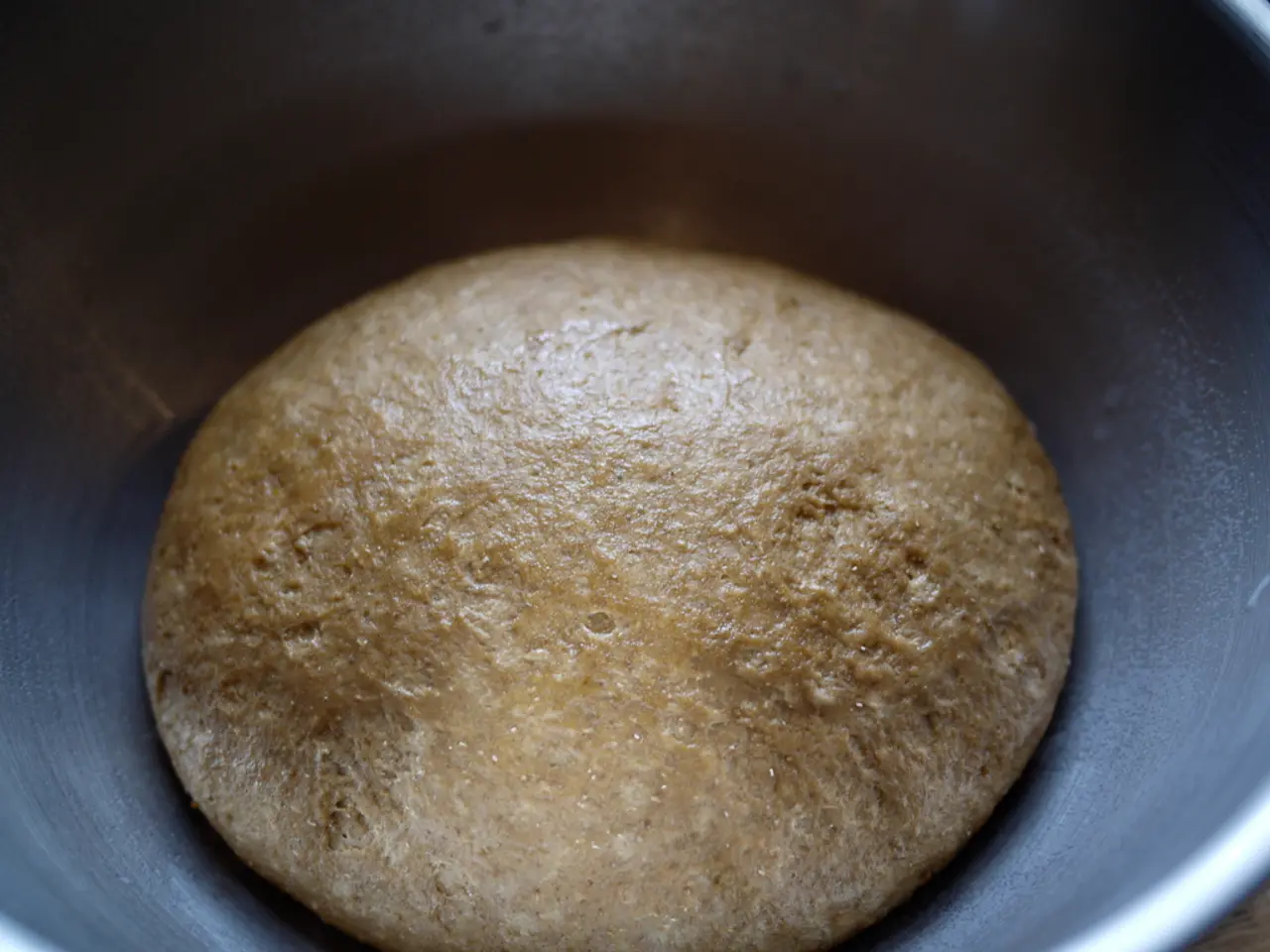Wheat supply shortage allegations are unfounded, according to the announcement from the authorities
In recent years, wheat imports have taken on a critical role in Turkey's agricultural economy, particularly under the Inward Processing Regime (DİR). This regime allows flour exporters to import wheat without the need to buy a fixed quota of domestic wheat first, a policy that has become increasingly important due to a decline in domestic wheat production and the lifting of previous restrictive import policies.
Key points outlining the current significance of wheat imports are as follows:
- Surge in Import Volumes: In the marketing year (MY) 2025/26, wheat imports are forecast to reach approximately 10.25 million metric tons (MMT), marking a significant increase from just 3.2 MMT the previous year when government restrictions limited imports[1].
- Lifting of Wheat Import Restrictions: The Turkish Grain Board (TMO) lifted wheat import restrictions in mid-2025, following bans since June 2024. These restrictions had previously reduced flour exporters' competitiveness and limited their ability to use imported wheat for processed product exports under DİR[2].
- Impact on Flour Exports: The wheat import ban in 2024 led to a substantial 17.2% decline in flour exports (from 3.648 MMT in 2023 to 3.022 MMT in 2024) as exporters could not sufficiently supplement domestic wheat with imports[3]. Following the lifting of restrictions and expanded wheat imports under DİR, exporters anticipate regaining and even exceeding previous export levels in 2025[3][4].
- Flexibility under the Inward Processing Regime: Since March 2025, flour exporters no longer need to purchase a percentage of domestic wheat before buying imported wheat for milling and export, enabling them to import wheat according to demand. This policy supports the restoration and growth of Turkey’s flour export sector, allowing it to leverage imported wheat effectively[4].
- Context of Domestic Production: Despite some drought effects and production shortfalls, Turkey's annual wheat production remains around 20 million tons, and official sources maintain that Turkey is still largely self-sufficient in wheat production. However, imports are necessary to cover the gap between production and export-driven demand, especially in high-quality wheat for flour production and export under DİR[5].
In conclusion, wheat imports under Turkey's Inward Processing Regime are essential to sustaining and enhancing the country's significant flour export industry. This regime allows Turkey’s exporters the flexibility to maintain global competitiveness by importing wheat as needed for processing and export.
[1] https://www.usda.gov/oce/commodity/wheat/wheat-international-market-development/turkey [2] https://www.reuters.com/business/turkey-lifts-wheat-import-restrictions-amid-rising-prices-2025-07-01/ [3] https://www.trt.com.tr/dunya/turkiye-un-ithalat-artt-flour-export-orani-artt-33-okur-2024-07-12-1509328 [4] https://www.ihsa.gov.tr/haber/11339/turkiye-un-ithalat-artt-flour-export-orani-artt-33-okur [5] https://www.anadoluagency.com/business/turkey-remains-self-sufficient-in-wheat-production-disinformation-center-3012684
In light of the lifting of wheat import restrictions in mid-2025, the Turkish flour export industry expects to regain and potentially exceed previous export levels, given the expanded opportunities under the Inward Processing Regime. This regime's flexibility, allowing flour exporters to import wheat based on demand, is crucial for maintaining global competitiveness in the business and financial sectors.




